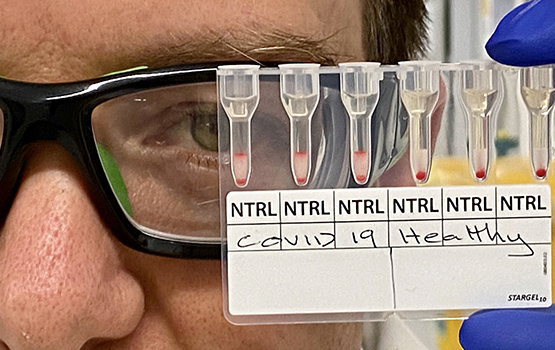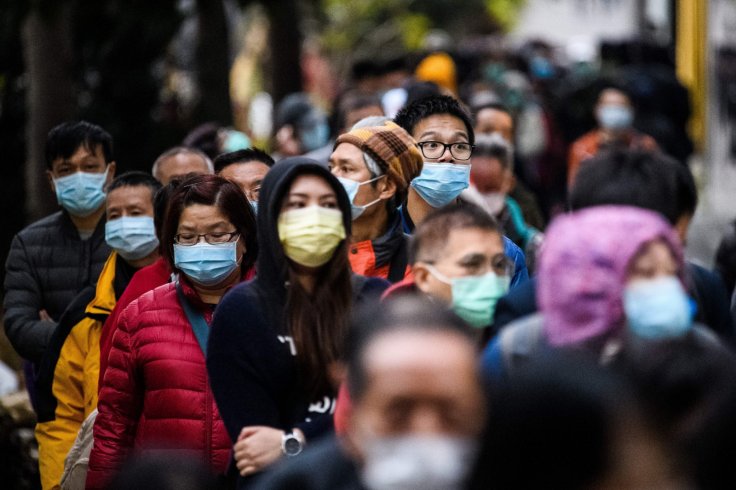Scientists in Melbourne, Australia has developed the world's first blood test which can rapidly detect whether a person has COVID-19 or not within 20 minutes. Researchers believe that this breakthrough can help governments and health experts with contact tracing to limit community spread.
The breakthrough test to identify Coronavirus cases, developed by Monash University researchers, doesn't diagnose a person who already has coronavirus, but rather it detects antibodies once the virus has cleared. The antibodies are like a virus footprint that shows evidence of someone recently having the Coronavirus, even if they don't show any symptoms.

This team of researchers was led by BioPRIA and Monash University's Chemical Engineering Department and included experts from the ARC Centre of Excellence in Convergent BioNano Science and Technology (CBNS).
Australia Found New Way to Curb the Coronavirus Spread
The Australian researchers developed a simple agglutination assay, an analysis to determine the presence and the amount of a substance in blood, to detect the presence of antibodies raised in response to the novel Coronavirus infection. The university said that positive COVID-19 cases caused an agglutination or a clustering of red blood cells, which can be identified with naked eyes. It can determine whether someone had been recently infected once the infection is resolved and could potentially be used to detect antibodies raised in response to vaccination to boost the clinical trials.
As reported by 9News, Monash University's Dr Simon Corrie said, "The only way to confirm if they've had it and been able to spread it in their communities is to test their blood for these antibodies. Depending on the type of infrastructure you have, they can detect maybe a hundred tests per hour, just with one person at a bench."

By using a simple lab setup, this new test could help healthcare workers across the world to conduct tests up to 200 blood samples an hour. At some hospitals with high-grade diagnostic machines, more than 700 blood samples could be tested hourly – about 16,800 each day.
The Australian researchers also believe that the new finding, which was published in the journal ACS Sensors, could help high-risk countries with population screening, case identification, contact tracing, confirming vaccine efficacy during clinical trials, and vaccine distribution.
The researchers have filled for a patent for the innovation and now looking for the commercial and government support to upscale the production.









